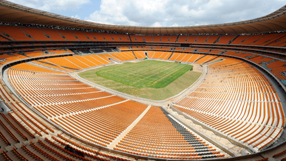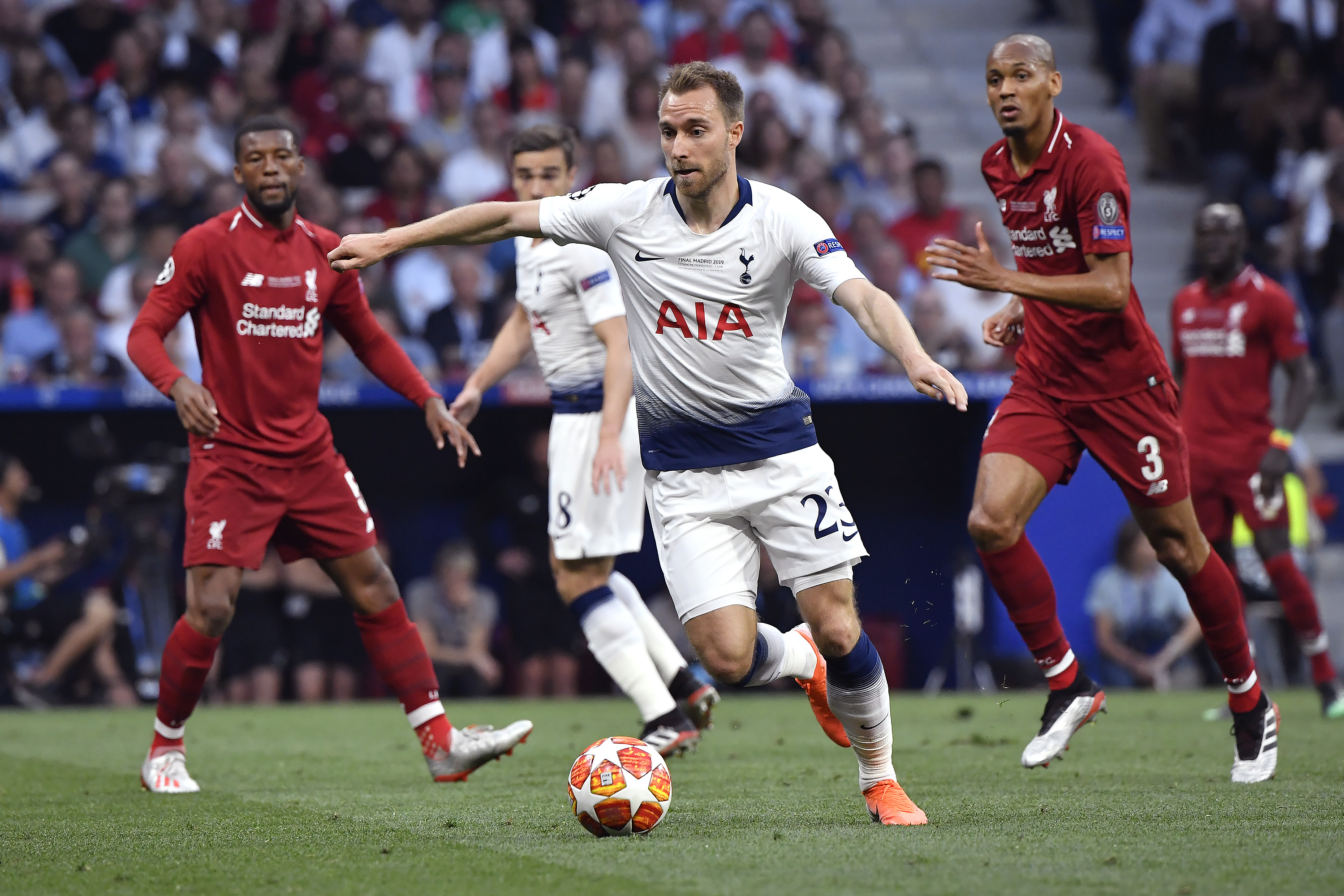Will World Cup stadiums change Africa's image?
JOHANNESBURG - South Africa's World Cup stadiums could change the image of Africa forever, or stand as spectacular monuments to extravagance and waste in a country still struggling to spread the fruits of majority rule.

South Africa has confounded sceptics who said the stadiums would never be finished in time for next June's soccer spectacular and is close to completing 10 top class venues that bear comparison with the world's best.
But while that controversy has passed, the debate has not diminished over whether Africa's first World Cup should have been more modest, freeing up millions of dollars to help an army of poor who live in squalor 15 years after the end of apartheid.
When Pretoria won the right to stage the 2010 tournament back in 2004, it set the budget for stadiums at around 3 billion rand ($390 million).
After the addition of two extra arenas and some dazzling architectural overlays, that figure has now escalated to at least 13 billion rand ($1.7 billion).
Critics say the money was wasted and should have been spent on alleviating poverty - which feeds South Africa's frightening rate of violent crime - building millions of new houses to replace apartheid-era shanty towns and combating the world's biggest HIV caseload.
They charge that many of the stadiums will quickly become unused relics after the tournament.
"When you build enormous stadia, you are shifting those resources...from building schools and hospitals and then you have these huge structures standing empty...they become white elephants," the late anti-apartheid campaigner Dennis Brutus said in the recent documentary film Fahrenheit 2010.
"Will it ever be possible for a (ruling) ANC party politician who claims to have the mandate of poor blacks in this country to go and stand in some of these poor areas and justify why the government saw fit to spend a billion rand or more on a stadium? It cannot be done," Frans Cronje, deputy CEO of the South African Institute of Race Relations told Reuters.
ARGUMENT
But there is another side to the argument that says the World Cup gives Africa the chance finally to reverse stereotypes of famine, pestilence and war that still blight the continent.
Nobel peace prize laureate and anti-apartheid hero Archbishop Desmond Tutu has said the World Cup will have as big an impact for black people as the election of U.S. President Barack Obama and will give new pride to a still divided nation.
"With all the negative things that are taking place in Africa, this is a superb moment for us. If we are going to have white elephants, so be it," he said.
Get FourFourTwo Newsletter
The best features, fun and footballing quizzes, straight to your inbox every week.
Economists also say World Cup construction has cushioned South Africa from the global recession and will contribute close to 56 billion rand ($7.3 billion) to the economy.
"It has been a huge blessing for South Africa in view of the recession," said Gillian Saunders of business consultants Grant Thornton.
The World Cup cannot be detached from its context, a country still scarred by apartheid where football is the passion of the black majority - who sometimes in the past had to go cap in hand to white-run rugby stadiums to stage matches.
"Under the apartheid government, football facilities in disadvantaged areas were neglected and there was a complete lack of recognition for the sport," the local organising committee said this year.
The newly built stadiums certainly go beyond what is strictly necessary to stage a football match, eve
